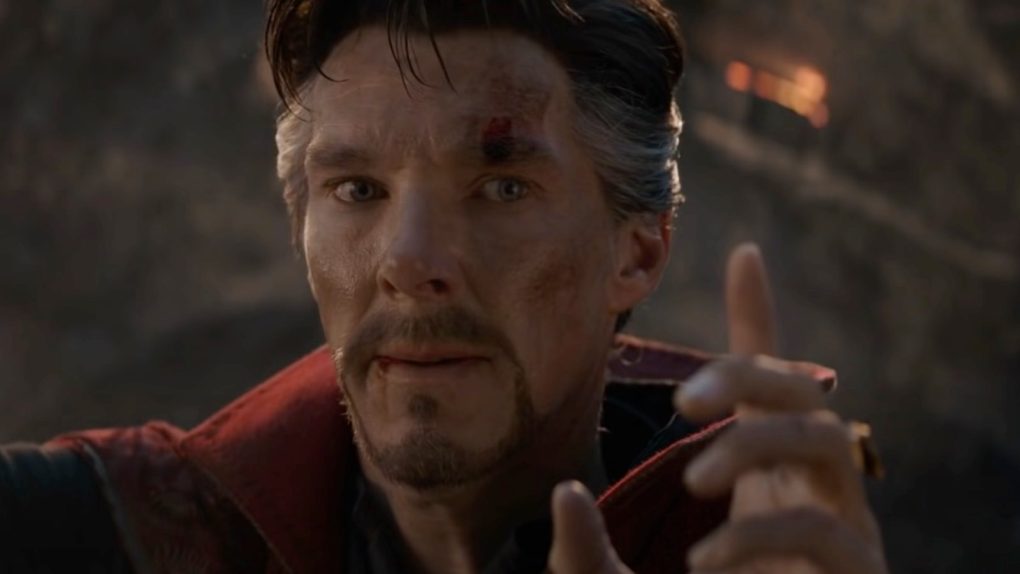Avengers: Endgame has no unexplainable plot holes because of a brilliant trick that Marvel inserted into the script of Avengers: Infinity War. There was only one chance in 14,000,605 to beat Thanos (Josh Brolin), and only Doctor Strange (Benedict Cumberbatch) knew what it was. Everything had to happen in a precise order for that to happen. Even the events some fans might label as plot holes. That said, it wasn’t Doctor Strange who planned the one win in Avengers: Endgame, but Kang (Jonathan Majors) — and we have Loki to thank for that conclusion.
Why is Endgame still so important after all these years? Well, Phase 4 feels like it has only just begun, even though there have been four movies and six TV shows so far. And everything in Phase 4 is tied to Infinity War and Endgame. That’s the starting point for the new saga that will hopefully lead to another epic Endgame finale.
Before we get there, we’re about to enjoy a massive crossover in Doctor Strange in the Multiverse of Madness. It’s a movie that will continue the multiverse adventures from WandaVision, Loki, and Spider-Man: No Way Home. But let’s not forget that Avengers: Endgame is also a multiverse movie, and that’s how far back we have to reach to understand Doctor Strange 2.
Before explaining the Kang connection, you should know that big spoilers might follow below.
Read: iPhone 14 Max leaks show the phone’s design
What to rewatch before Doctor Strange 2
Multiverse of Madness will make sense as a standalone movie, just as any MCU film does. But if it’ll be your first Marvel adventure, you’re going to miss out on all the connective elements that make the MCU so great.
You should watch at least a few MCU titles from the official Marvel timeline before May 6th:
- Doctor Strange
- Avengers: Infinity War
- Avengers: Endgame
- Loki
- WandaVision
- Spider-Man: No Way Home
Except for Loki, everything is in chronological order. Well, even some of the action in Loki season 1 is chronological. The beginning of the season takes place at the same time as Avengers: Endgame. Then the action that leads to discovering a Kang variant in the finale.
Of course, most of Loki happens out of time.
With that in mind, I recently rewatched Infinity War and Endgame, focusing on the multiversal events and Doctor Strange. I also rewatched the Loki finale, where Jonathan Majors first appears as Kang. And it’s evident that everything we’re witnessing has been the work of He Who Remains, the Kang variant who beat all the evil Kangs in the multiversal wars that have yet to happen.
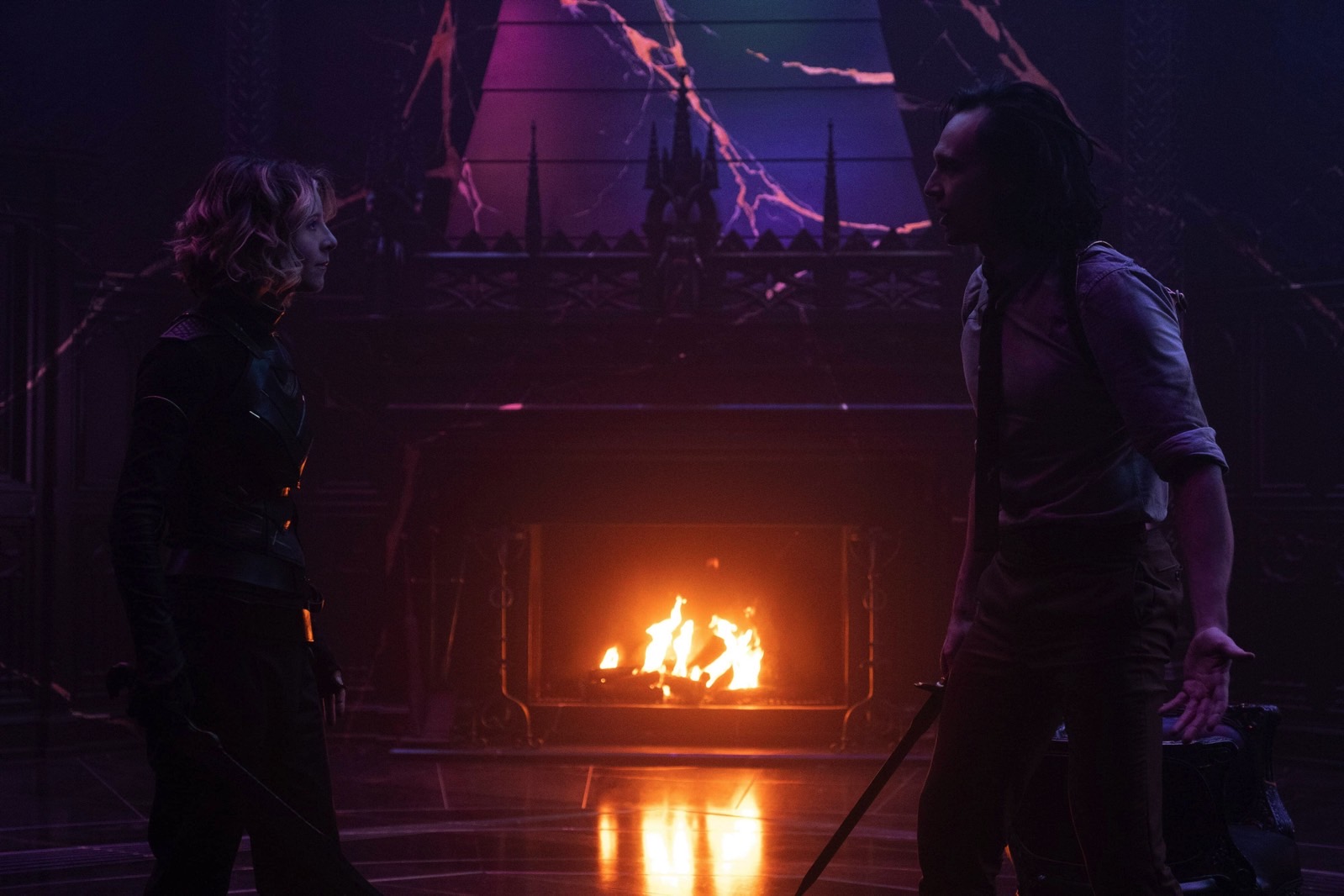
Doctor Strange isn’t to blame
The Doctor Strange 2 trailers and promos keep telling us that Doctor Strange will feel responsible for the abuse of the multiverse, and an Illuminati tribunal will judge him for it.
Yes, he messed with time and reality when he beat Dormamu. And he looked at the future in Infinity War to find a way to defeat Thanos. Plus, Strange and Peter Parker (Tom Holland) nearly caused another multiverse-based extinction-grade threat.
But up until Endgame, it was Kang who laid out the game plan. Strange has just been a cog in the massive machine. Once Kang died, Strange got some of his free will back along with the entire timeline. That is, the TVA would not immediately correct any of his wrongdoings.
But more importantly, I’ve started explaining how Kang is responsible for the only path to victory in Avengers: Endgame, so let’s move on to that.
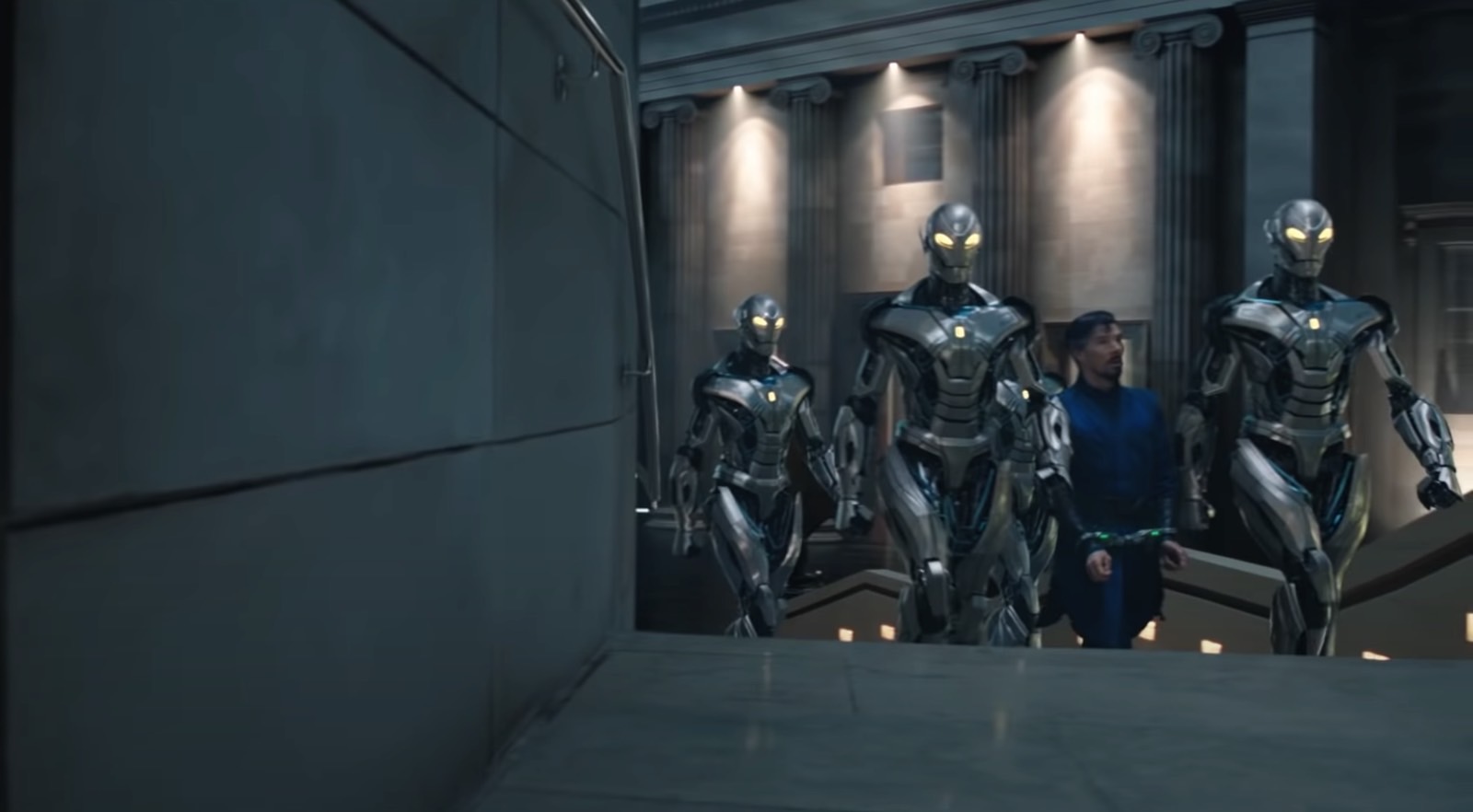
The only way to win in Avengers: Endgame
Theories ran wild before the Endgame release that Doctor Strange went back in time to ensure that events occur in a specific order so the Avengers could beat Thanos. We had no idea that Endgame would introduce different time travel rules, where you can’t undo the past to fix the future.
It turns out that it wasn’t Doctor Strange doing any of the planning for Avengers: Endgame. Kang had a path laid out all along. Doctor Strange only got to see it — and that’s also thanks to Kang’s detailed planning.
As we saw at the end of Loki, the Kang variant who is left governing the timeline is equal parts crazy and fierce. He’s been managing the timeline for eons since he beat the other Kang versions who were truly scary. But he’s done it for so long, he’s losing his mind.
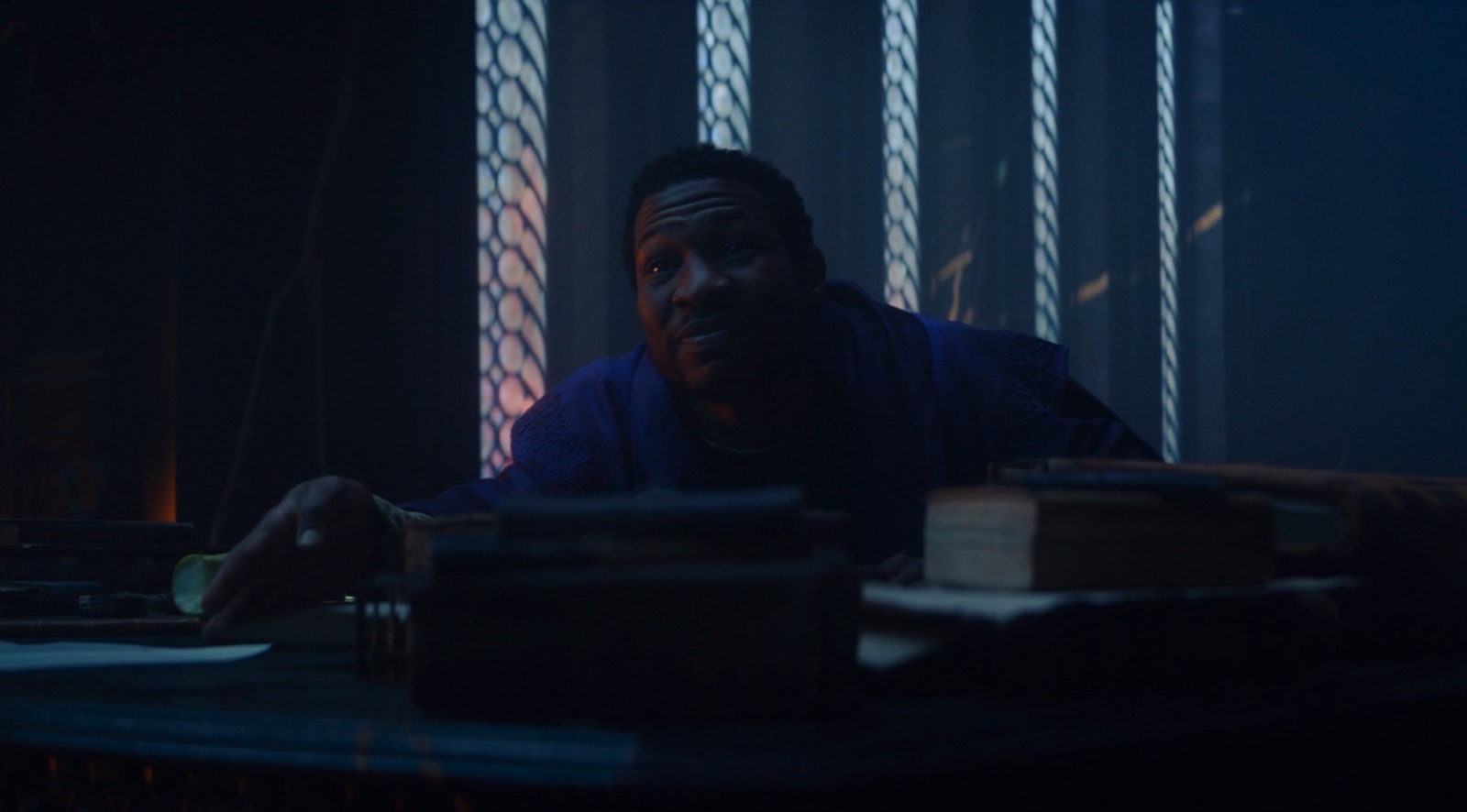
What does Kang want from the timeline?
We know from the first Loki episode that the Avengers were supposed to visit alternate realities searching for the Infinity Stones, and that’s because Kang wanted that course of events.
The show’s finale also introduces the theoretical possibility for Kang to reshape the MCU reality so that Loki (Tom Hiddleston) wins in New York in 2012 and beats Thanos later. That version of reality would also have a Sylvie (Sophia Di Martino) and a second Loki in the same timeline.
The Loki finale tells us that Kang knew everything Loki and Sylvie would do until halfway through that meeting in his caste. That meant he knew they’d refuse the aforementioned offer.
So what does Kang want?
It’s actually really simple. He wants total control over the timeline so other Kangs can’t appear in reality branches. That’s the only way to prevent multiversal wars. But he doesn’t have the will or the patience to keep doing the job. Loki and Sylvie could co-manage the reality and lead the TVA. Or everything will fall to pieces, leading to the appearance of worse Kang variants.
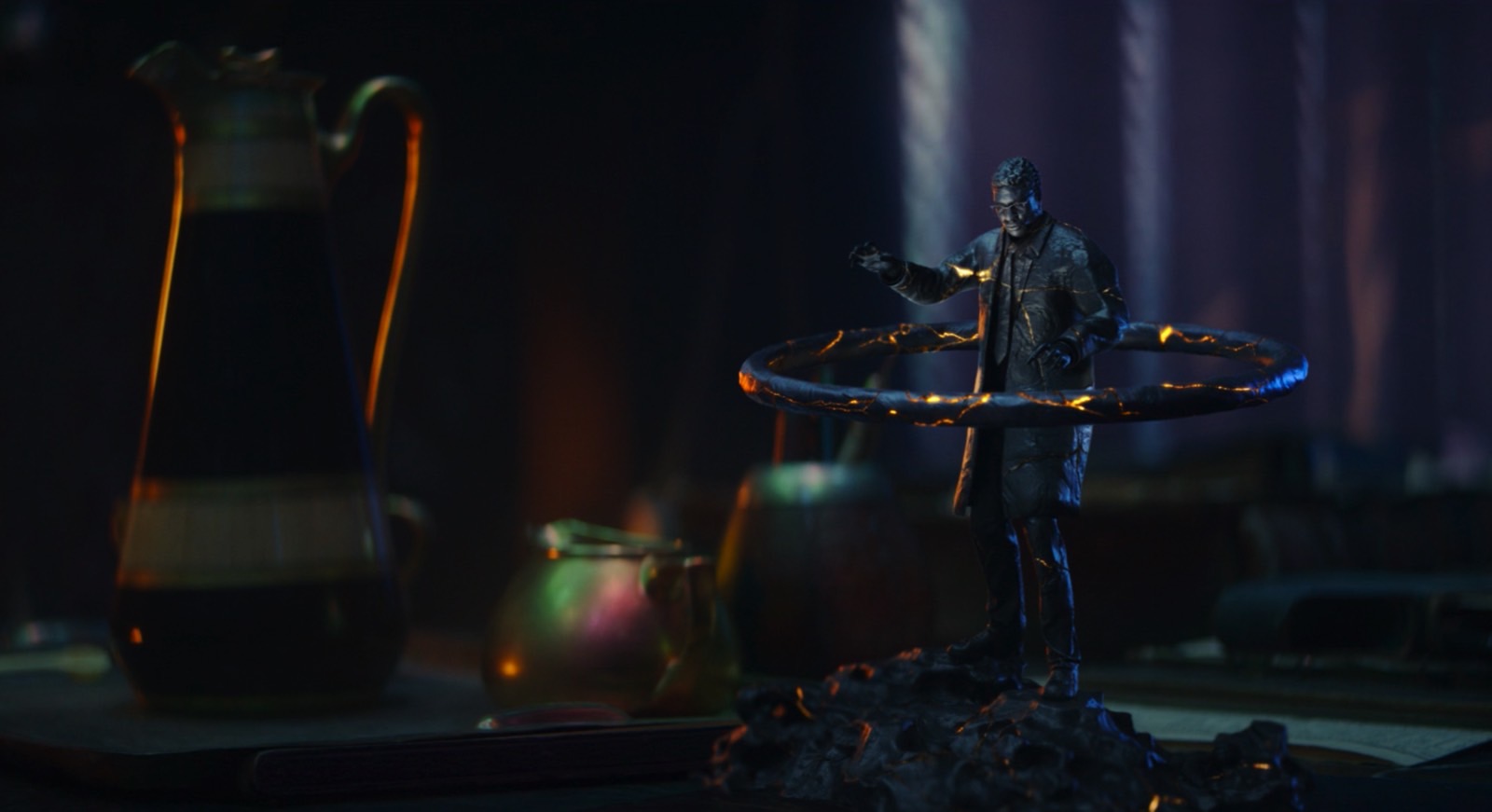
The loose Plan B
That’s right, Kang also wants two specific things to happen if Loki and Sylvie refuse him. He wants to be born in the 31st century in various realities. And he wants multiverse travel technology to evolve as well.
Right now, only a few beings can traverse the multiverse other than Kang. America Chavez (Xochitl Gomez) can portal through universes very much like The Watcher and the evil Ultron from What If…?. Wanda (Elizabeth Olsen) and Strange will be able to move their astral projections to other universes in Multiverse of Madness.
But Kang’s way of doing it is based on science. It’s precise. It allows total control over time, well beyond what’s possible in the 21st century.
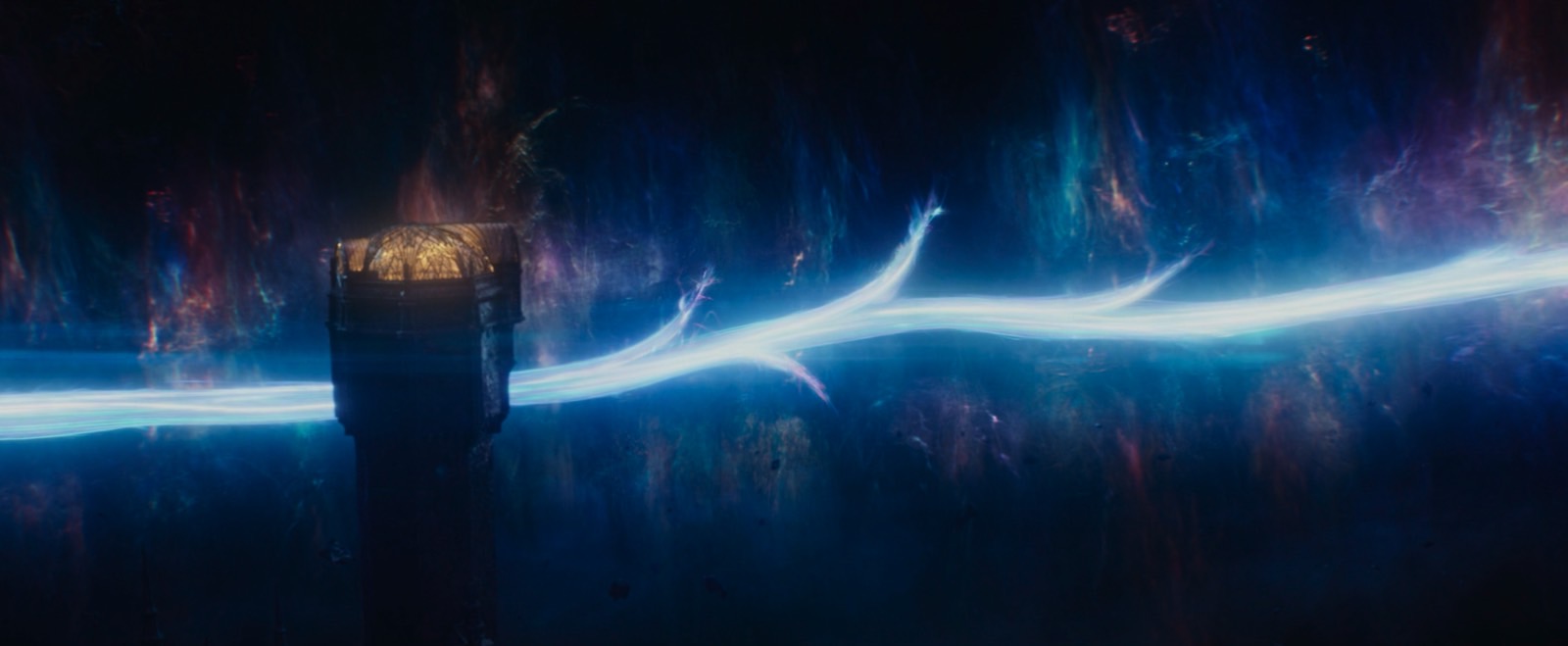
Avengers: Endgame – a Kang production
We learned in the Loki finale that Sylvie isn’t ready to accept reality. She kills Kang, so his initial plan to have the TVA continue to manage the timeline fails. That’s where Plan B comes into play. Or the events in Endgame that had to play out in that particular order. Again, Kang needs to be born about 1,000 years into the future. And he needs to be the one to perfect multiverse tech.
Thanos wiping up half of the universe’s population puts in danger Kang’s own existence. For good Kang to beat the bad Kangs in the multiversal wars, Earth will need a large and diverse population. With that in mind, it’s clear that Thanos was never going to win.
Why did Kang allow Thanos that partial victory in Infinity War?
He also needs technology to evolve to the point where multiverse travel is possible. You need Iron Man (Robert Downey Jr.) for that. And you need that heartbreak he experienced to catalyze the invention of time travel. Only it’s not time travel, but rather, multiverse travel.
Stark’s early time travel tech is probably how it all starts. His discoveries are critical for a future Kang to develop the technology to make multiverse travel possible. Remember that Kang wears a gadget on his hand in Loki not unlike Stark’s GPS devices for the Time Heist.
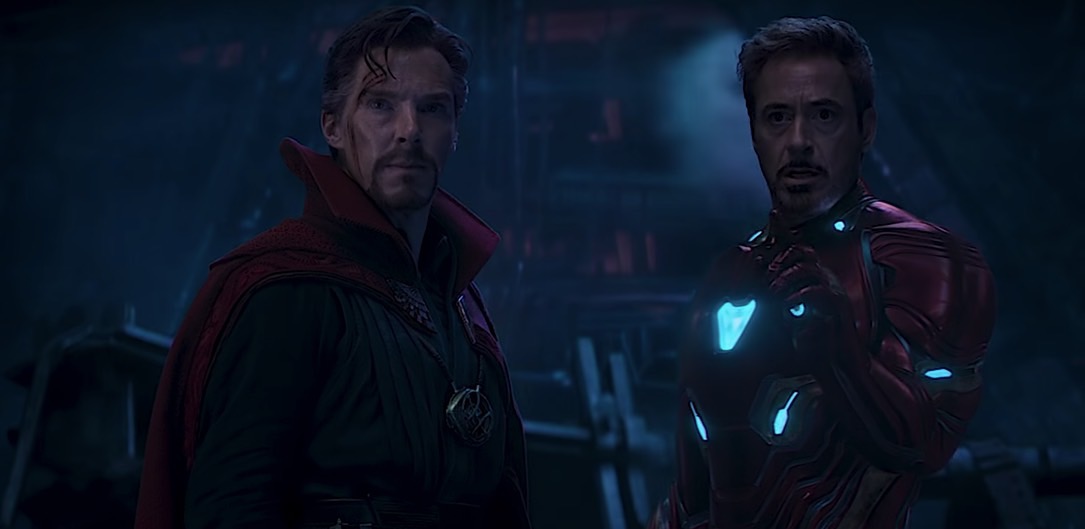
Why then allow a different Thanos to attack the MCU reality?
That action is clearly part of the Kang plan. That’s because it’s the future that Strange saw. There could be many reasons why Kang needed to have this confrontation again — the Avengers vs. Thanos.
The battle at the end of Avengers: Endgame does achieve a few potentially critical goals for Kang. It warns the Avengers that time travel is hazardous and can lead to unwanted consequences. And it hastens the return of the Infinity Stones. This practically ensures that no friend or foe can use the six stones for any reason.
Again, Kang needs to be born in about 1,000 years. He can’t risk someone abusing the Infinity Stones and ruining the timeline. Not even Stark. Maybe Kang wanted Stark to die, hence the big Thanos attack. Think about it; you don’t want this genius to keep exploring the multiverse nearly a millennia before Kang arrives.
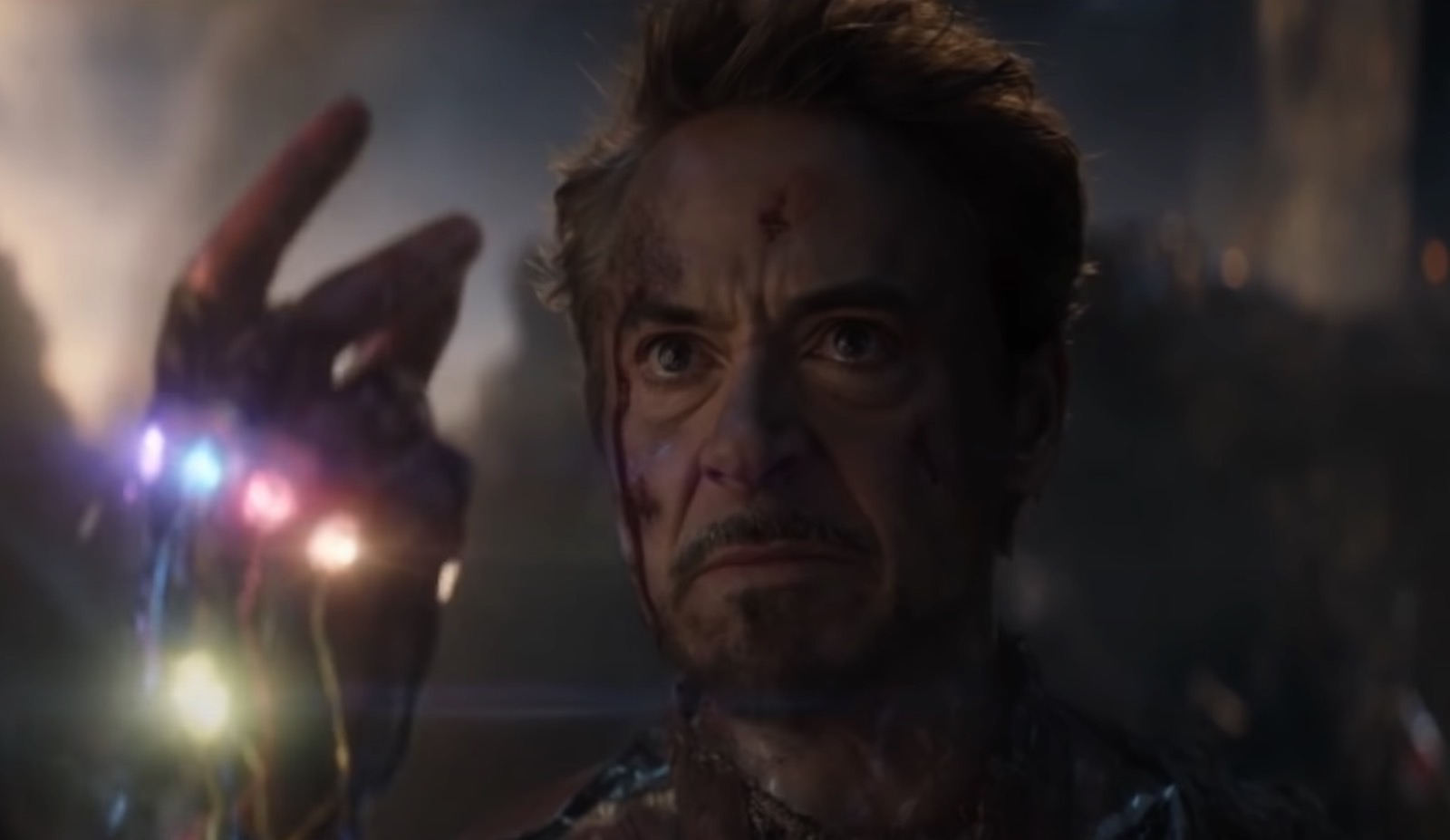
When did Kang lose control in Endgame?
While this is all speculation based on the rules of the game that Marvel set out, it’s unclear how far along Kang got with enforcing the Avengers: Endgame plan. Obviously, the one-win plan worked out, as the Avengers beat a Thanos variant. And they returned the Stones. The TVA likely pruned all the millions of realities where things did not happen according to plan.
But it’s unclear if Captain America (Chris Evans) retiring on a different timeline was in Kang’s plan. Maybe that’s only possible because Kang and this TVA stopped operating when Sylvie killed Majors’ character in the Loki finale. Letting Cap grow old in a branched reality means that universe might get its own Kang variant. And that contradicts Kang’s primary objective.
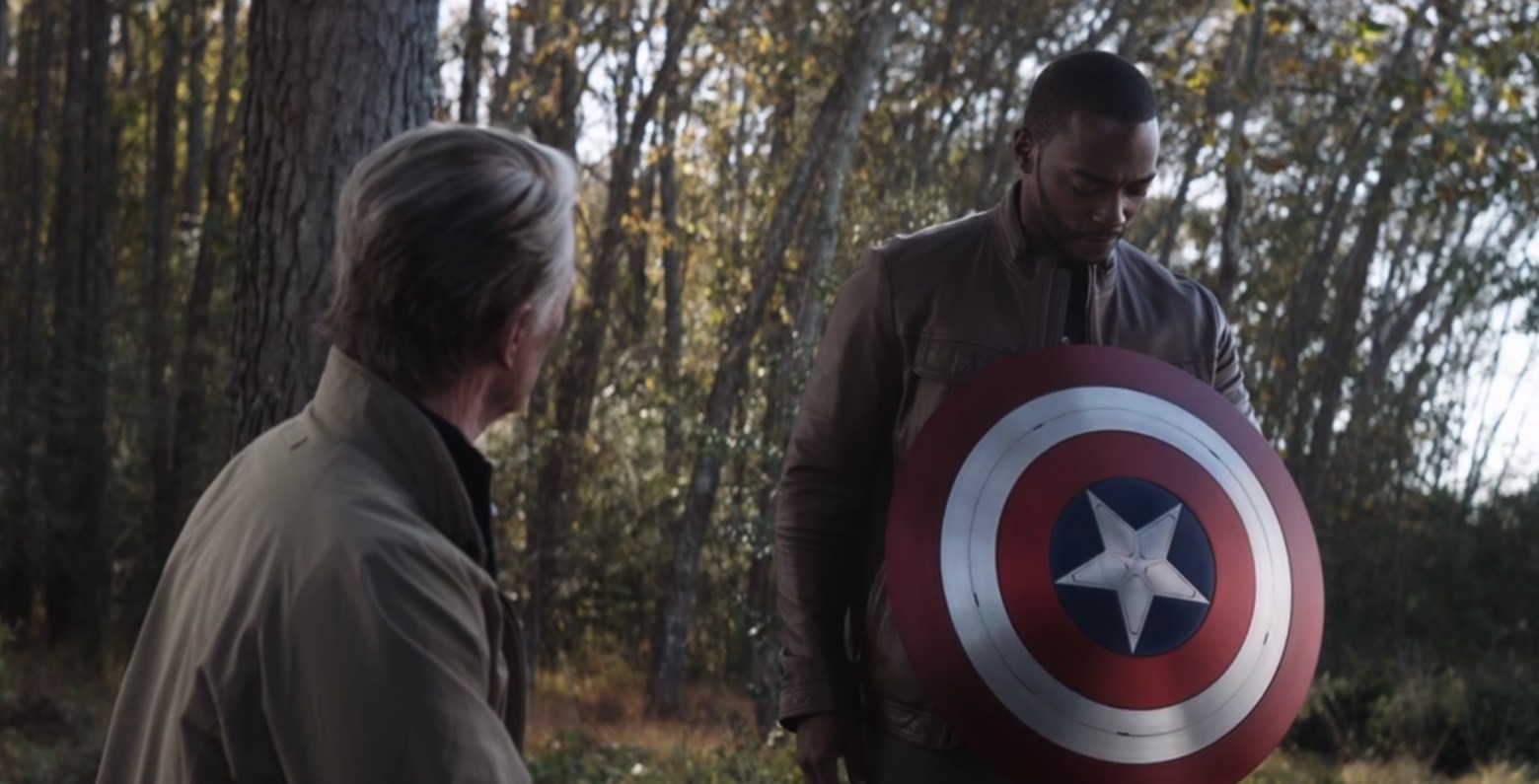
The point here is that all that we saw in Avengers: Infinity War and Avengers: Endgame had to happen exactly as it did for Kang to ensure that he would have a chance to beat the evil Kang variants. Even Quill’s (Chris Pratt) infamous “mistake” isn’t a mistake.
The best-case scenario would have been Loki and Sylvie running the timeline. What we got is a Plan B where the multiverse got free. This will invariably lead to the appearance of several Kang versions. Well, those Kang variants are already born, and they’ll soon mess with time.
Doctor Strange 2 will further explore the multiverse next month. Then, Ant-Man and the Wasp: Quantumania will bring us a different version of Kang next year. And we do expect to see Loki season 2 on Disney Plus in 2023 as well.
More Marvel coverage: For more MCU news, visit our Marvel guide.
